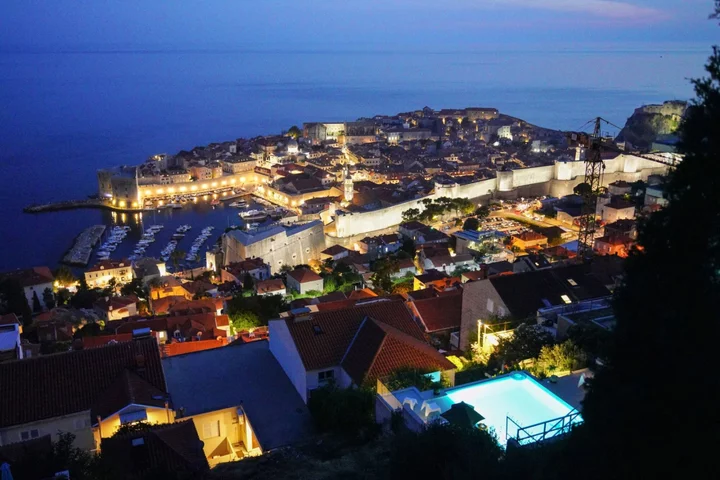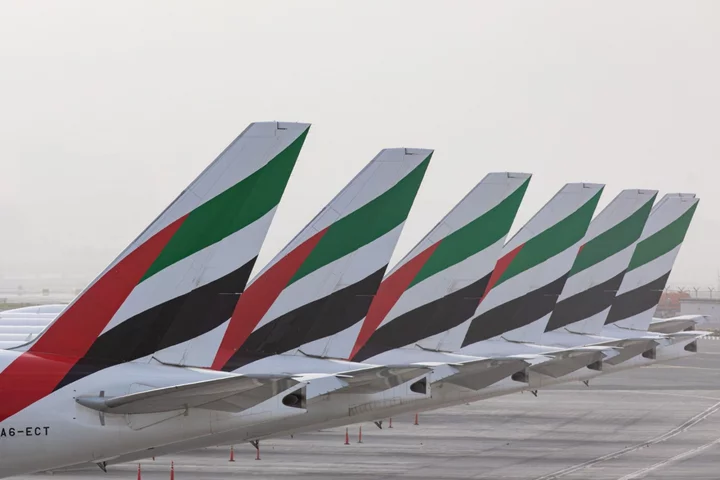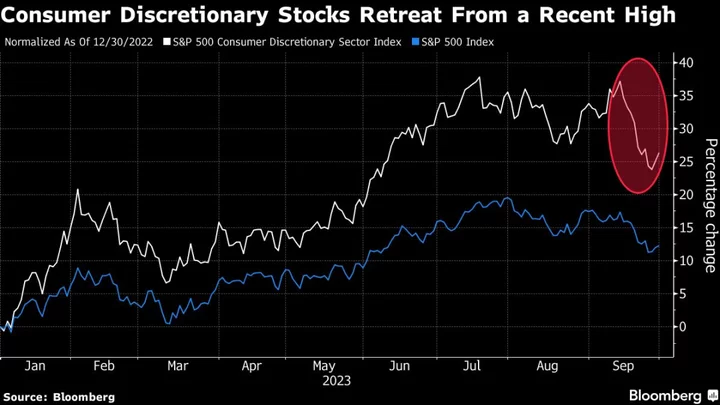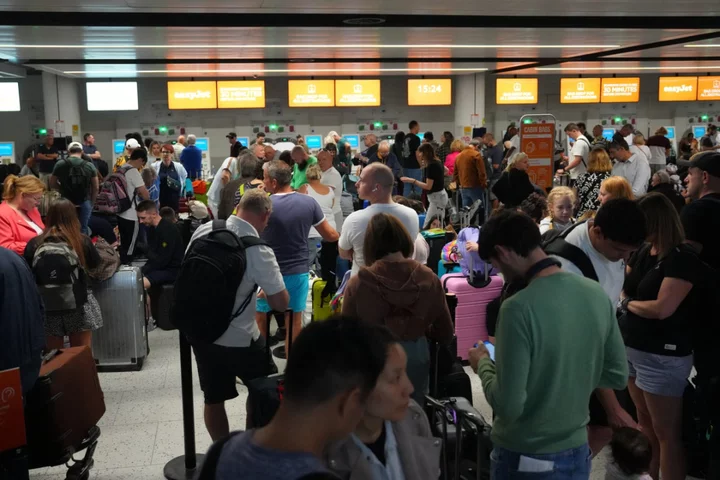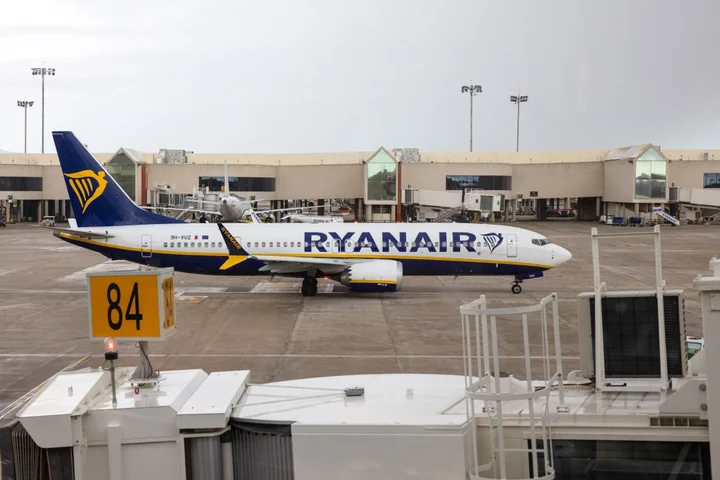Croatia’s entry into the euro and the European Union’s free travel area are working out well for the bustling restaurants and souvenir stores in Dubrovnik’s Old Town. Business has rarely been better as more visitors find it easier to access the country and spend money. Officials are already predicting record revenue from tourism.
But success has brought a new headache in the beach hubs along the Adriatic Sea coast and in the capital Zagreb, one that may sound familiar in parts of Western Europe: how to source enough workers to keep up with demand.
It’s hard to overstate the importance of tourism to Croatia. The industry accounts for about a fifth of the economy, more than anything else and similar to hotspots like Malta.
After relying on domestic workers for most of its 32 years as an independent country, work permit statistics show that more employers are having to look further afield to fill gaps.
“Croatia alone can’t provide enough labor force to sustain tourism as its main industry, and it’s in the situation where it clearly needs the arrival of a workforce from abroad,” said Boris Vujcic, governor of the central bank. “There is no sign that this trend will change.”
The boom is fueled by Croatia’s switch to the single currency on Jan. 1 and its joining the Schengen area. That’s removed border crossings with neighbors such as Hungary and Slovenia, and 95% of tourists drive to Croatia.
Local shops and restaurants are expanding, catering to mainly European travelers who just want to dine out and party in the post-pandemic world. That requires staff in a country whose unemployment rate hit the lowest since 1982 this year and where the local population is declining.
Zlatko Borovac, who manages the bustling Peskarija Lokanda facing Dubrovnik’s harbor and four other restaurants, said the majority of his staff of about 180 now comes from abroad, mostly from neighboring Balkan countries.
While only 2,700 permits were issued to non-EU workers in 2015, the government expects the number to be 180,000 this year. That would bring the share of foreign workers in the overall labor force to more than 10%, according to Zarko Katic, state secretary at the Interior Ministry.
The government is expected to amend laws before the end of the year to make it easier to work in Croatia. As more than 40% of all foreign workers come from places like the Philippines to India, permits may be for three years rather than one and workers might be able to stay in Croatia between contracts.
Croatia also faces the challenge of integrating foreign workers now the country encourages them to stay longer, according to Iris Goldner Lang, professor of EU law at the University of Zagreb and holder of the UNESCO Chair on Free Movement of Persons, Migration and Inter-Cultural Dialogue. “We as a society are now faced with a challenge of how to find a way to quickly protect a large number of people,” she said.
Emerson Lopez Ragasa has a one-year work permit and found a job at a Pan Pek bakery in Zagreb, where he can work for the whole year rather than just the tourist season. His first gig was as an assistant chef in a hotel on the island of Korcula.
The 24-year-old grew up in Manila, first left the Philippines to work in Doha and then moved to the Balkans on a tip from a friend. He has no immediate plans to leave. “I dream to be able someday to bring my parents here,” he said, “to this beautiful place.”
--With assistance from Slav Okov.

